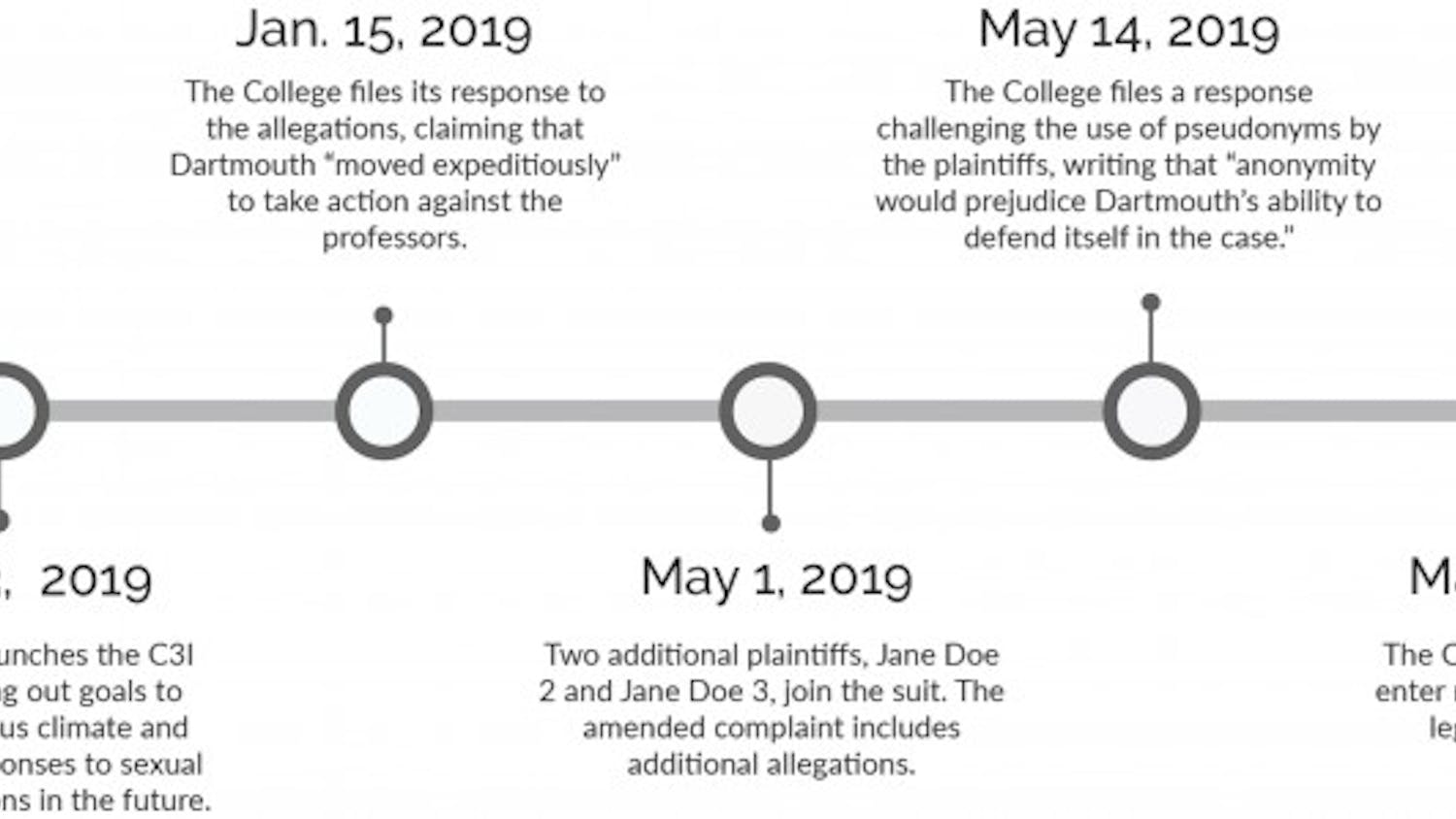Canadian prime minister Justin Trudeau is the latest public figure to fall from grace. A few weeks ago, a photo of him wearing brownface at a party in 2001 surfaced. He acknowledged that this was not the only time he had worn brownface or blackface. He apologized. The jury is still out on whether he will be forgiven.
Trudeau’s mistake, offensive though it may have been, is not unforgivable, and it is not a telltale sign that Trudeau is a racist. Rather, he was offensively ignorant; the distinction comes from his redeeming actions since 2001. Forgiveness is not the same as pretending it didn’t happen; we should look out for signs that Trudeau doesn’t really show remorse, or that he continues to act in racist ways. But regardless of how it feels about his politics, the Canadian public should give him the benefit of the doubt before they write him off forever.
Modern social justice movements call for accountability. Black Lives Matter asks police to consider how implicit bias might affect their policies. The Boycott Divestment and Sanctions movement asks institutions to answer for the effects of their investments.The #MeToo movement empowers women to speak out about their experiences of sexual assault and harassment.
There is nothing wrong with asking people and institutions to think deeply about their actions and to come clean if they believe that they have erred. But that introspective exercise is only valuable if they can also be forgiven and afforded the chance to apply what they’ve learned as they move forward. If any skeletons uncovered in the process are considered evidence of permanent character flaws, who will ever want to engage on such introspection? Trudeau, and other public figures on both sides of the aisle who have complicated and imperfect pasts, deserve an opportunity to do better in the future.
People are only incentivized to honestly and openly evaluate their pasts, and to take criticism, if they believe that they have a genuine opportunity to redeem themselves in the future. If engaging in a racist practice or objectifying a woman is unforgivable no matter what, then people who have done those things will have little reason to apologize. Accepting apologies shows people who have made mistakes that they can do better. It’s possible they won’t change, but we can’t know if they don’t get the chance.
Justin Trudeau wore blackface as recently as 2001, when it certainly wasn’t socially acceptable to do so. By all accounts, including his own, he seriously messed up: “What I did hurt people … This is something I deeply, deeply regret … Darkening your face … is always unacceptable because of the racist history surrounding blackface … I have always acknowledged that I come from a place of privilege, but I now need to acknowledge that that comes with a massive blind spot.”
He admitted that he wore brownface and blackface on multiple occasions, and that he was ignorant of the practices’ racist histories. He made a mistake when he was younger, a big one, but he has since made championing diversity a cornerstone of his political career; his cabinet is the most diverse Canada’s history with an equal number of men and women, the first-ever Muslim minister, three Sikh and two native members of parliament. It seems that he has already been incorporating what he’s learned since the ignorant days of his youth.
It is wholly possible, maybe even likely, that Trudeau’s self-proclaimed commitment to diversity is nothing more than an act for the sake of publicity. The same is true of any public figure’s stated good intentions; it’s impossible to know their real motivations. But wearing blackface is not compelling evidence that Trudeau was, is, and always will be, a racist. He engaged, two decades ago, in a practice with a racist history, and, if we take him at his word, he deeply regrets it. His track record of respect for people of all races suggests that this misstep is not emblematic of a permanent character trait.
One hopes that Trudeau will learn humility from this experience — that he will continue to acknowledge his own failings — and that he will offer the same forgiveness to others who err. Rather than judging his peers harshly for past transgressions, he should remember this incident and extend them the benefit of the doubt, too.
Critics may say that public officials have a greater responsibility than most to be morally upstanding, but it’s overly optimistic and naïve to think that anyone has a squeaky clean past. Even the most celebrated figures have made grave errors — Gandhi has been accused of racism and Mother Teresa of forcing people to convert to Christianity. In fact, type the word “offensive” after the name of any modern or historical figure when you Google them and you will find that they, too, have transgressed.
If we decide that every person who has ever said something ignorant, every institution with an offensive past and every public figure who has wielded their power recklessly is irredeemable and unforgivable, there will not be many morally acceptable people left. No one should be judged on the basis of their worst mistake.
This week is part of the High Holidays in the Jewish faith. We spend the 10 days between Rosh Hashanah and Yom Kippur thinking about the mistakes we have made, and how we can do better in the coming year. As long as one commits to that introspection and to try to do better, they are forgiven. No one is too far gone, so everyone has an incentive to improve him or herself. The world would do well with a little bit more of that grace and compassion for everyone, all year long.


